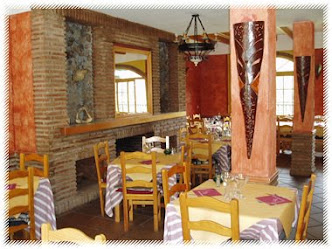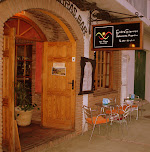While many in the United States are working on search engine optimization and crazy antics to get more and better hits on Google, there are at least 90 people in Spain who are doing just the opposite. The Spanish government, having ordered Google to remove people who attempted to “opt out” by sending formal complaints to Spain’s Data Protection Agency, is now engaged in a lawsuit with the Internet giant and the rift between European ideas of privacy and American ones has been brought to bear.
The whole issue started as a result of an official Spanish government gazette in which certain information about citizens is published by law. All was well and good until the gazette was digitalized and subsequently indexed on search engines at which point individuals have complained, citing their right to privacy and right to be forgotten.
It seems that people aren’t trying to opt out for trivial reasons. One example, given by The Register, is of a victim of domestic violence who found that her address was easily found through Google. Google, of course, is fighting to keep the information indexed as a matter of free speech. Google says that the removal of this information “would have a profound chilling effect on free expression without protecting people’s privacy,” and to a certain extent, I think they are right. I also think there is a very important detail missing from our knowledge of this whole proceeding: is there anyone who is advocating for this specific information being public?
The problem of removing information from Google searches is a real one, and the slippery slope implications scream potential censorship. First domestic violence victims opt out, then it’s domestic violence convicts, so on and so forth. However, in those cases, it would be safe to assume there would be an opposing voice. A convict tries to opt-out and a judge or the victim says, ‘No, I want that information to be available.’ Then we have an actual argument. Right now however, a victim of abuse wants her address information removed and Google is essentially saying ‘No, I want information in general to be available.’ If there is no one clamoring for her address specifically to be public, there seems to be no harm in letting it drift off the Internet.
All that being said, it is ultimately up to a court to decide. Whether or not it will really affect us here in the states is questionable, but the verdict is bound to set the European framework for the right to be forgotten in the digital age. Over here, we’re too into reality television to care that much.
 British funk band, Incognito, have chosen Salobreña for their only concert in Spain. It will take place on the Paseo de las Flores at 2230 on August 12 as part of the Tendencias festival.
British funk band, Incognito, have chosen Salobreña for their only concert in Spain. It will take place on the Paseo de las Flores at 2230 on August 12 as part of the Tendencias festival.









